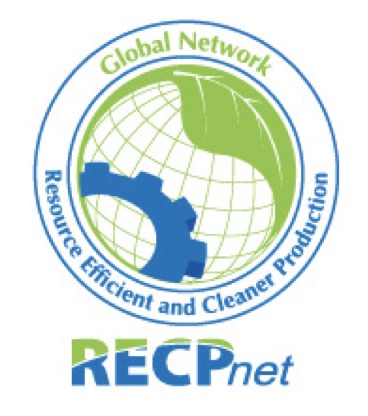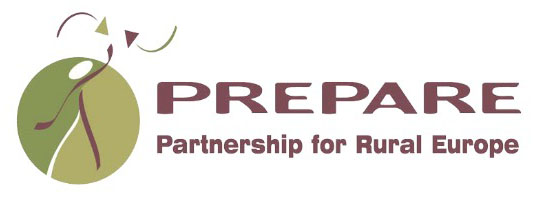Partnerships
SCORAI Europe
The Sustainable Consumption Research and Action Initiative Europe (SCORAI Europe) aims to support a community that contributes forward-thinking, innovative research in the area of sustainable consumption, while also bridging academic research with mainstream thinking and policy making. SCORAI Europe cooperates closely with the European Roundtable for Sustainable Consumption and Production (ERSCP) and SCORAI Global, as well as other research networks that are focused on the challenges of addressing the society-environment nexus from a consumption perspective.

SCORAI Global
Sustainable Consumption Research and Action Initiative (SCORAI) is a global knowledge network of professionals working at the interface of material consumption, human well-being, and technological change. They aim to facilitate a transition beyond the currently dominant consumer society. The goals of SCORAI are to provide an intellectual platform for scholars and practitioners in the field of sustainable consumption who are seeking: to better understand the drivers of the consumerist economy in affluent technological societies; to formulate options for post-consumerist lifestyles, social institutions, and economic systems; to provide the knowledge base for emerging processes of societal change through grassroots innovations, social movements, cultural transitions, and sociotechnical change.

Future Earth, SSCP KAN
Systems of Sustainable Consumption and Production (SSCP) Knowledge-Action Network (KAN) is a global network of researchers and practitioners interested in ways that systems of sustainable consumption and production can be created, nurtured and contribute to a more sustainable world. SSCP KAN works to advance a more systemic approach to SCP, and to encourage and enable an urgent transformation in theory and practice to SCP systems. It is part of Future Earth – a global network of scientists, researchers, and innovators collaborating for a more sustainable planet.

Roundtables for Cleaner Production
There are Roundtables for Cleaner Production in most continents including the Asian Pacific Roundtable for Cleaner Production (APRSCP, since 1997), the Latin America Roundtable for Cleaner Production (since 1998), and the Africa Roundtable for Cleaner Production (ARCP, since 2000, with support of UNEP).

RECPNET / National Cleaner Production Centres Network
After the United Nations Conference on Environment and Development (UNCED) in Rio in 1992, the United Nations Industrial Development Organization (UNIDO) and the United Nations Environment Programme (UNEP) both set off to pilot preventive environmental strategies in key developing countries. Upon their successful completion, UNIDO and UNEP jointly launched a programme to establish National Cleaner Production Centres (NCPCs). The first batch of eight NCPCs was established during 1994-1995. The NCPC Network has become part of the joint Program on Resource Efficient and Cleaner Production (RECP), which aims to improve resource efficiency and the environmental performance of businesses and other organizations through scaling up and mainstreaming the application of RECP methods, techniques and policies. Whilst this programme is primarily based on achievements and lessons learnt from National Cleaner Production Centres and Programmes (NCPCs/NCPPs) that have been established since 1994, it also aims to achieve synergies with other related initiatives. The programme is therefore anchored on the further expansion, development and professionalization of a global network of RECP service providers in developing and emerging economies (RECPnet).

PREPARE Network
Preventive Environmental Approaches in Europe (PREPARE) is a network of experts in sustainable consumption and production. The network is setting the SCP agenda by proactively addressing new challenges and implementing new, innovative solutions. The members of PREPARE come from research institutions, consultancies, public administrations, governments, industries and international organizations. PREPARE has always strongly supported ERSCP Conferences and their organisers who often were members of the PREPARE Network.

